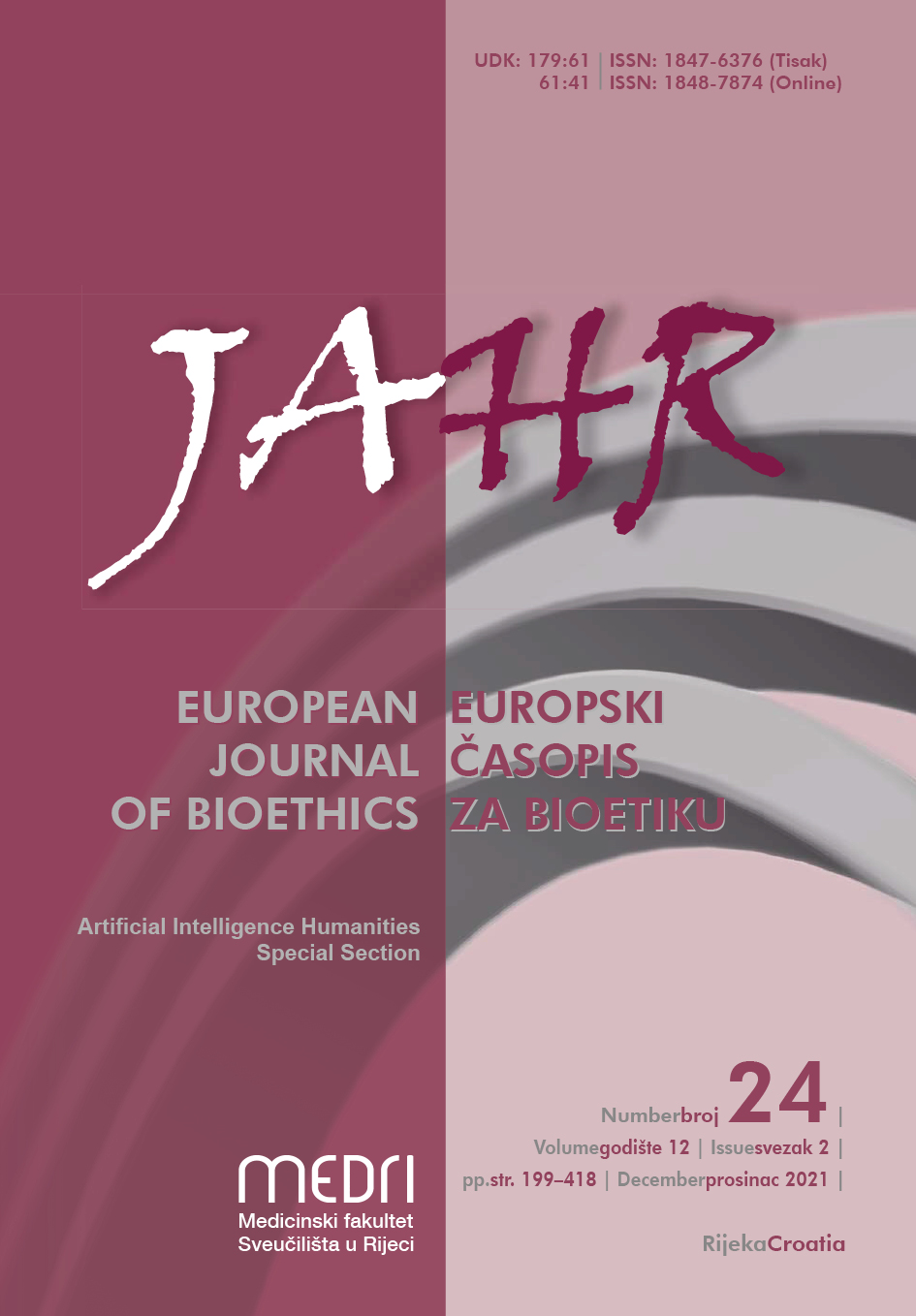Clinical solutions performed in non-conventional settings
Brazilian experiences
Ključne riječi:
peripatetic therapy, public health, phenomenology, non-conventional settingsSažetak
https://doi.org/10.21860/j.12.2.6
This paper presents the Brazilian specificities of the development of its public health and social assistance policies since the re-democratization process in the 1980s until today. Besides, it presents a wide range of conflicts between the economic interests and the political activism accountable for the advances of the public policies implementation. This evolution is presented as a subsidy to the reader’s understanding of the development of a clinical solution for non-conventional settings specific to the Brazilian social and economic reality. Successful clinical experiences in health and social assistance based on phenomenology are presented, not only for diagnosis purposes, namely for understanding the people, for the context in the question, as well as the successful management development. The first case describes the provision of a peripatetic group therapy service, prior as a walking clinical practice, where the notion of territoriality and the dynamics of group interaction facilitate the understanding of the patients, while the intrinsic condition of the work also facilitates the establishment of transferential relationships. The second case describes the complexity of social welfare policy challenges through the clinical intervention while presenting a family in a social and economic vulnerability context.
##submission.downloads##
Objavljeno
Broj časopisa
Rubrika
Autorska prava
Autori koji objavljuju u ovom časopisu slažu se sa slijedećim uvjetima:
- Autori zadržavaju autorska prava i dodjeljuju pravo časopisu na prvo objavljivanje uz istovremeno uvažavanje Creative Commons Attribution License koje omogućava drugima da dijele rad uz priznavanje njegova autorstva i početne objave u ovom časopisu.
- Autori mogu sklopiti zasebne, dodatne ugovorne dogovore o neekskluzivnoj distribuciji objavljene verzije rada (npr. objaviti ga u repozitoriju institucije ili ga objaviti u knjizi), uz priznavanje da je njegova početna objava bila u ovom časopisu.
- Autorima je dopušteno i ohrabruje ih se da objavljuju svoje radove putem društvenih mreža (npr. u repozitoriju institucije ili na njenim internetskim stranicama) prije i za vrijeme prijave obzirom da to može doprinijeti produktivnoj razmijeni te ranijeg i većeg citiranja objavljenog rada (Vidjeti: The Effect of Open Access).



